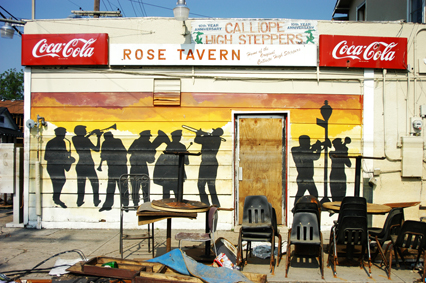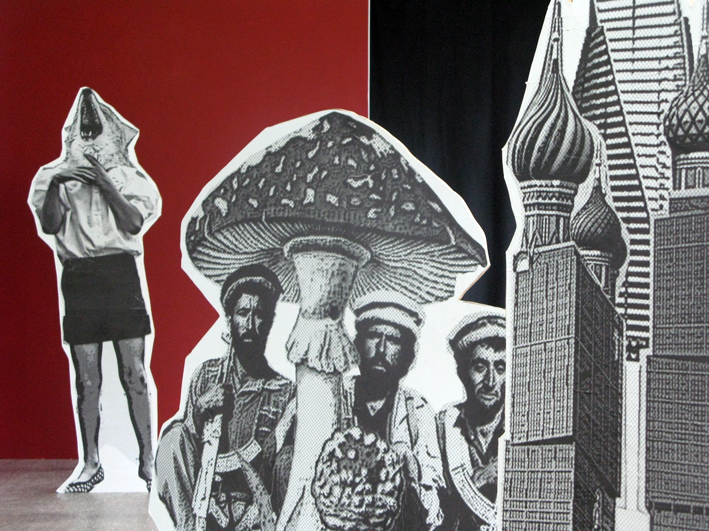
Copying without Copying
3 evenings of events that are about what happens when we speak, or when we hear someone speak on our behalf, when we share a collective moment of hearing and maybe understanding.
What we wrote about it at the time: A mini-festival of speaking and understanding. Copying without Copying is 3 evenings of events that are about what happens when we speak, or when we hear someone speak on our behalf, when we share a collective moment of hearing and maybe understanding. It involves visual artists, dancers, activists and filmmakers who create performance projects that feel more like stripped down, experimental theatre. Through copying or restating what people have or might say they reanimate situations so that we might understand them.
ReadCopying without copying
1.
S’entendre parler – speaking, hearing and understanding
In French there is a phrase S’entendre parler 1 that suggests the intimate relation between the words we utter and the meaning that animates them. Entendre means to hear, but it also means to understand; so the implication is that hearing is in some way a privileged form of understanding. So maybe you could translate S’entendre parler as: ‘hearing oneself speak and immediately grasping the sense of one’s own utterance’. If speaking, hearing and understanding is a simple truth of our experience of language, what happens when we repeat the words of others?
2.
Do you feel it’s possible to tell the story of someone else, without telling your own story?
If you want to understand a situation in the world or someone else’s experience of it, what do you do? You could read a piece of journalism about it. Maybe watch a documentary. But another tactic might be to repeat what was spoken in that situation: to take the time to go through it word for word. Would this process of re-speaking the words from a concrete, particular situation allow you to embody it, and maybe understand it a little better, or relate to it?
3.
The truthful reproduction of typical characters in typical circumstances.
Engels famously said that realism’s principal task is “the truthful reproduction of typical characters in typical circumstances.” Could we come to understand the similarity of our situation with that of others by speaking, hearing and understanding the words of typical characters? What can we learn by speaking/ hearing not the words a specific person in a specific situation (Fred Goodwin, Laurie Penny, Joyce Wieland) but the position adopted by a typical person, in a typical situation (‘banker’, ‘journalist’, ‘artist’)?
4.
Copying without copying
This weekend presents a series of events that each place different people in the position of speaking and understanding: artists, lawyers, activists, you (?). Each event takes something from the world (a trial, personal recollections, typical situations) and restages them almost unaltered. Because in the act of copying, of replication and repetition or re-presentation, you always do more than just copy, you reanimate. The weekend is about what happens when we speak, or when we hear someone speak on our behalf, when we share a collective moment of hearing and maybe understanding.
Episode 3 was previewed by Susan Mansfield for the Scotsman here and by Gareth K Vile for The Skinny here.
Programme Events

Criminal Case 40/61: Reverb
Andrea Geyer
A performed installation by one of Germany’s most interesting visual artists, based on edited transcripts of the 1961 trial of Adolf Eichmann in Jerusalem and the writings of Hannah Arendt

Notes on the Emptying of a City
Ashley Hunt
A dismantled, performed film, where a narrator pieces together the sounds, images and storytelling of a documentary about Hurricane Katrina before a live audience.

Combatant Status Review Tribunal
Andrea Geyer Ashley Hunt David Thorne Sharon Hayes Katya Sander
Somewhere between performance, stripped down theatre and an intense kind of public learning or maybe even a public hearing.

The Russian Woods
Chto Delat
A spectacular musical show which discusses the representation of a nation state, its characters and history. A learning play on myth construction and its reproduction.